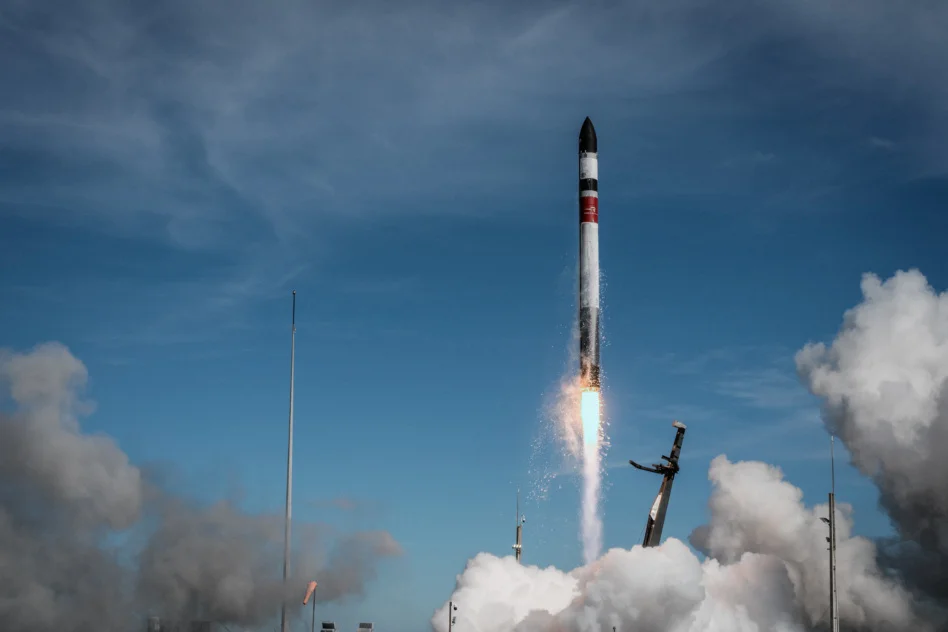
Rocket Lab Acquires Geost for $275M: A Major Leap in Space-Based Missile Defense?
Rocket Lab is making waves in the aerospace industry with its bold acquisition of Geost, a leading manufacturer of electro-optical and infrared (EO/IR) sensor payloads for satellites. The $275 million deal signifies a significant strategic move, positioning Rocket Lab as a key player in national security space solutions and potentially reshaping the future of space-based missile defense.
On May 27, 2025, Rocket Lab announced the acquisition of Geost from ATL Partners for $125 million in cash and $150 million in stock, with a possible $50 million in cash payments tied to revenue targets in 2026 and 2027. This move has sent Rocket Lab's stock soaring, with share prices jumping 13.14% on the news.

Peter Beck, Rocket Lab's chief executive, emphasized the importance of this acquisition. "The acquisition of Geost will bring on board critical technology and payloads that are relied upon by the Department of Defense," he stated. This positions Rocket Lab to compete for lucrative Pentagon contracts, particularly in programs like the Space Development Agency's (SDA) Proliferated Warfighter Space Architecture (PWSA) and the ambitious Golden Dome missile defense shield.
The Golden Dome project, initiated by President Trump, aims to establish a space-based missile defense shield. Rocket Lab's CFO, Adam Spice, believes that integrating Geost gives them a competitive edge. "This also positions us to be a competitive provider for the Golden Dome missile defense system," Spice noted.
Rocket Lab's strategy focuses on vertical integration. By bringing Geost's payload capabilities in-house, Rocket Lab aims to offer comprehensive end-to-end solutions. This approach includes an existing $515 million contract to produce and operate 18 data-relay satellites for the SDA’s Transport Layer.

Meanwhile, other players in the space industry are also making moves. Spire is revitalizing under CEO Theresa Condor, focusing on satellite technology. ICEYE and Rheinmetall have formed a partnership to produce SAR satellites, with production expected to begin next year. Additionally, Europe plans to launch a satellite to map the world's forests in 3D, aiding in the fight against illegal logging and climate change.
The acquisition of Geost marks Rocket Lab's formal entry into the satellite payload segment, signaling a significant shift in the company's strategy. The deal is expected to close in the second half of 2025, further solidifying Rocket Lab’s position in the aerospace and defense sectors.
What does this acquisition mean for the future of space-based defense systems? Will Rocket Lab become a dominant force in the industry? Share your thoughts and predictions in the comments below.